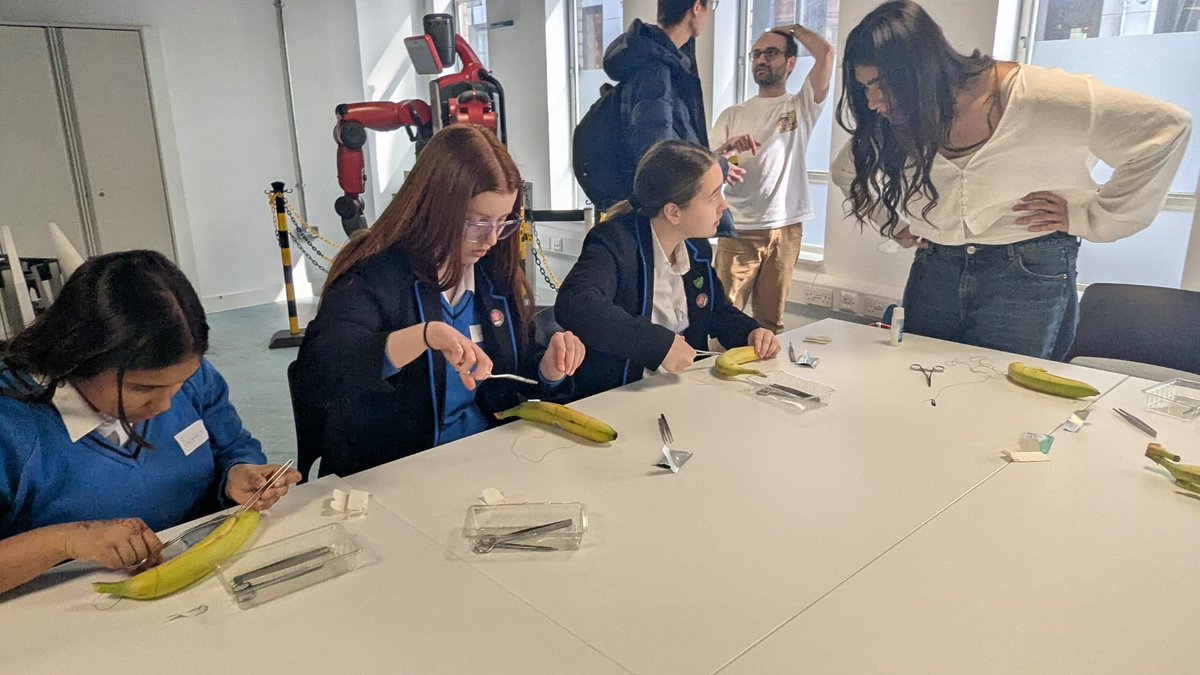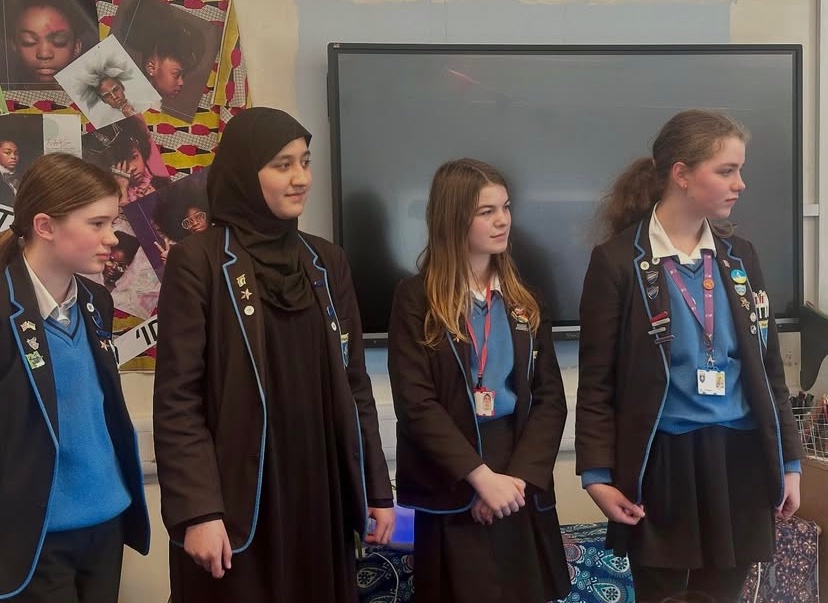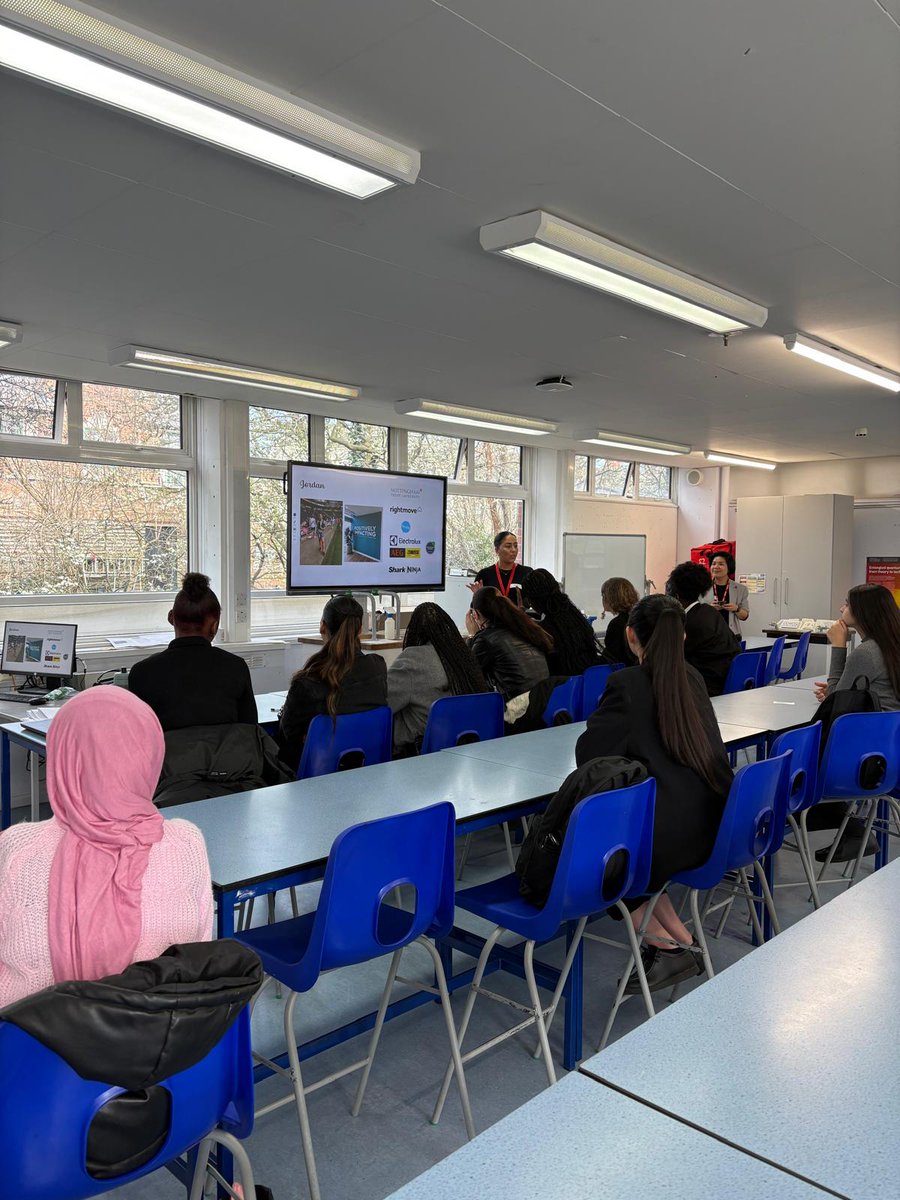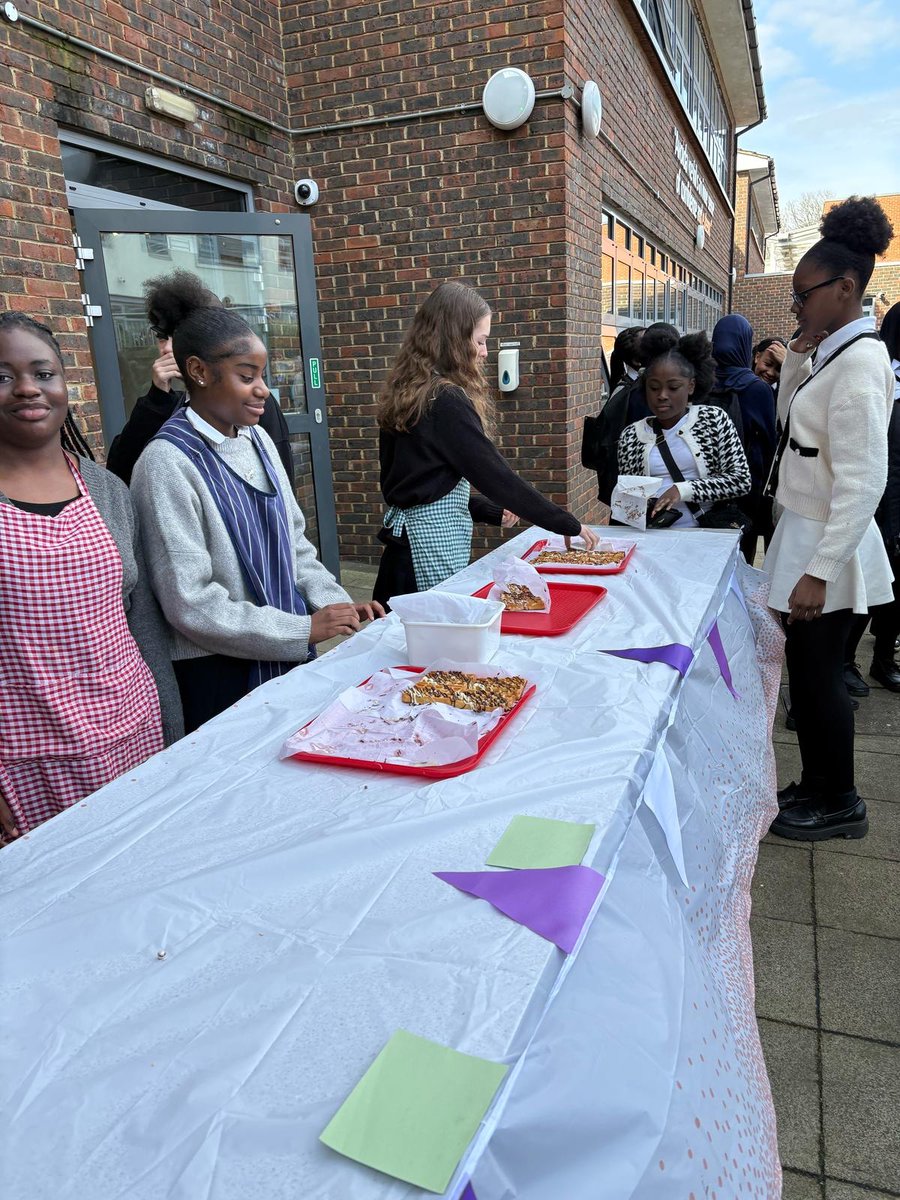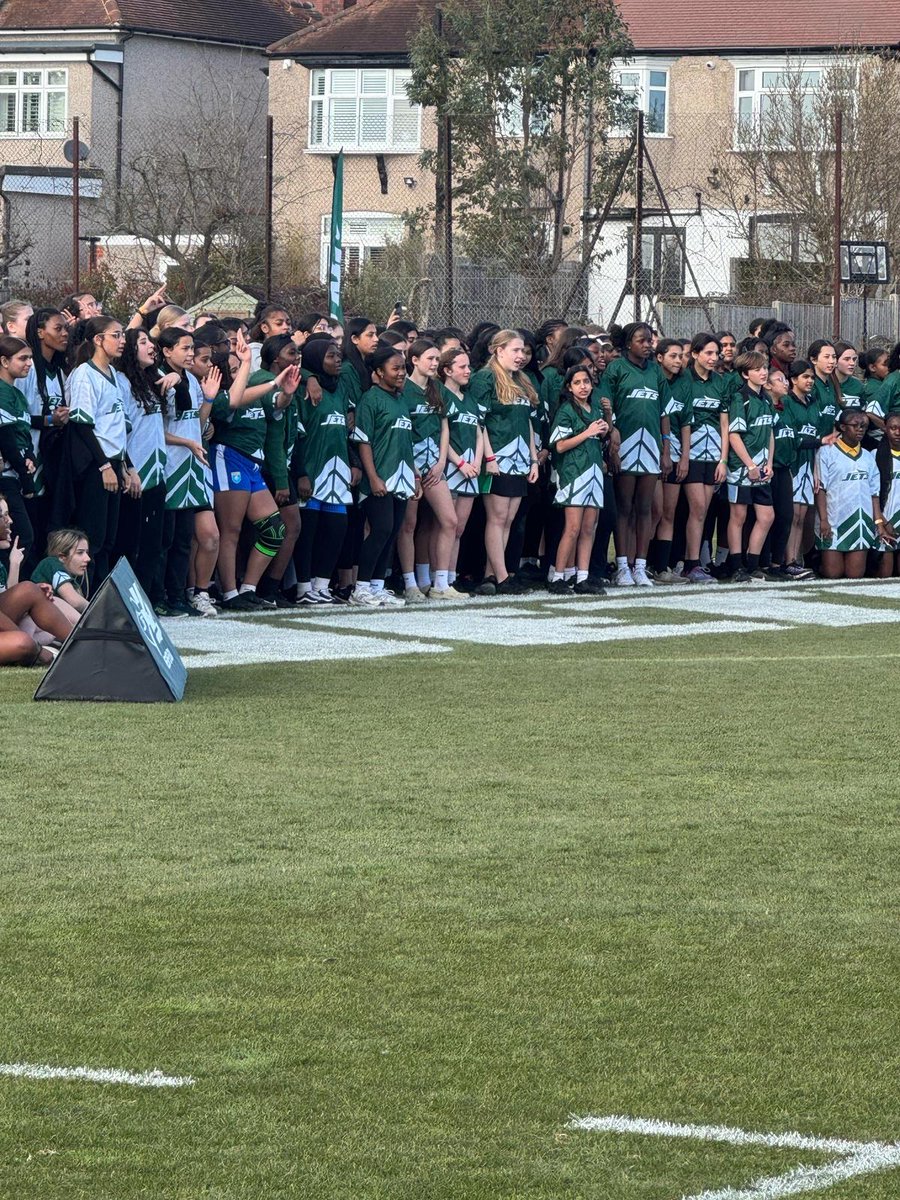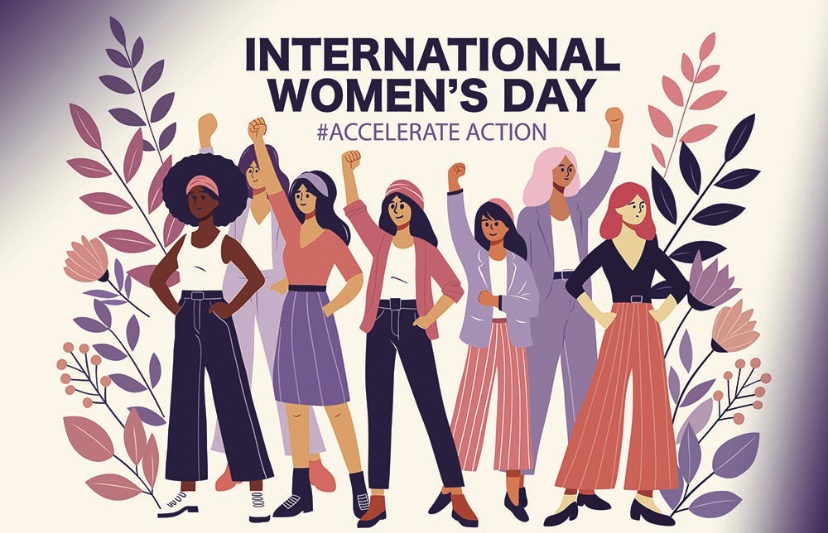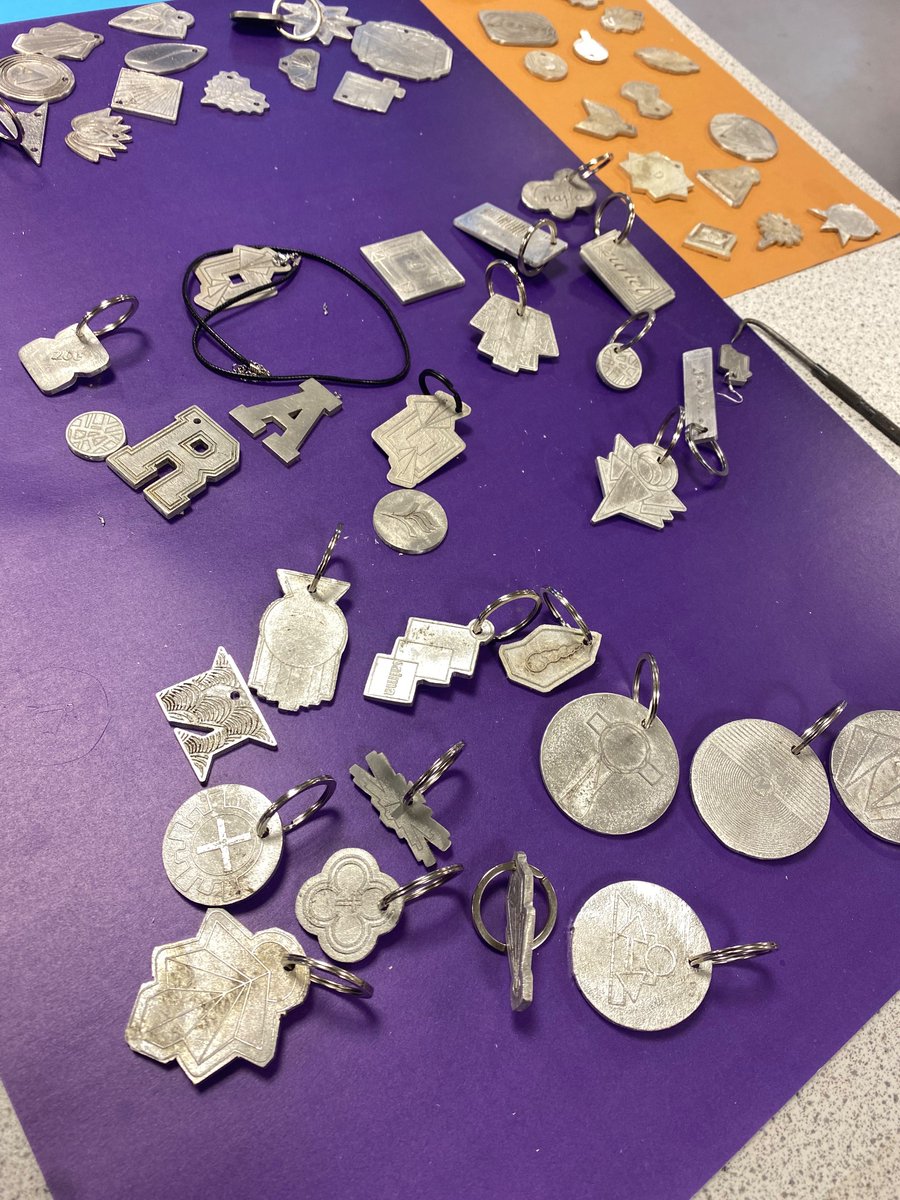Literacy at HGAED
Fundamental to every student’s future success is the acquisition of effective literacy skills. This belief underpins the development of literacy at HGAED through our WORD (writing, oracy and reading development) programme.
By focusing on the subject-specific literacy skills needed to succeed, students are able to access and comprehend all parts of the curriculum. This disciplinary literacy also ensures that our students are able to articulate their understanding using communication methods appropriate to each subject. Consequently, our students are fully prepared for the challenges of higher education and employment in their futures.
Literacy encompasses reading, writing, speaking, listening and vocabulary development across the curriculum. How we read, write or speak in science compared to history compared to French is very different. Therefore, we aim to equip students with the knowledge and skills to flourish in each academic area.
We are leading this work across the academy with the current foci being on promoting the reading of academic texts, varied and challenging fiction and non-fiction texts, improving the quality of oracy and independent writing.
Students are introduced to a range of texts appropriate for each subject area and are shown the strategies needed to unlock those texts. This may include exploring the origins and structures of specialist, academic vocabulary; identifying the type of text; predicting the content of a text; clarifying its meaning or summarising the content after close reading.
Students are encouraged to read aloud in lessons in order to develop their fluency when reading. Literacy is also being developed through the Bedrock learning programme, VSPAG marking and feedback in exercise books as per our marking policy, and Friday coaching sessions centred on reading for pleasure (see our ‘reading for pleasure’ page under personal development for further information).
Oracy development is a real focus here at the academy with students frequently participating in structured discussions within lessons in order to practise articulating their ideas prior to completing written work. High expectations are set with academic language being used and responses being phrased in full sentences. Opportunities are provided for the development of debating skills both in lessons and through the Debate Mate club.
“Literacy is a bridge from misery to hope. It is a tool for daily life in modern society. It is a bulwark against poverty, and a building block of development, an essential complement to investments in roads, dams, clinics and factories. Literacy is a platform for democratization, and a vehicle for the promotion of cultural and national identity…Literacy is, finally, the road to human progress and the means through which every man, woman and child can realize his or her full potential.” Kofi Annan
Bedrock Learning
Bedrock Learning is an online curriculum that students can follow at school or at home. The digital literacy curriculum teaches students the language they need to succeed at school through a series of multi-modal and interactive activities. The rigorous assessment feeds data back to the teacher, enabling us to easily monitor progress. The English department sets and tracks all its homework through the Bedrock programme.
Literacy interventions
We offer additional support to students to help them improve their literacy across Year 7-11. The need of the individual determines the type of support they receive, as detailed below:
- In-class support – teaching assistant (TA) support within lessons
- SALT - specialist speech and language support
- TA led literacy - small group literacy support
- 1:1 paired reading intervention to improve struggling readers
- EAL - 1:1 or small group English as an additional language support
Academic reading lists
In order to support students' reading skills and their wider academic studies, each subject area has compiled a list of texts related to the curriculum for each key stage. Some of these books will be introduced in lessons whilst others provide an opportunity for students to explore a particular topic in greater depth outside of lesson time. These reading lists are available on each subject page in the curriculum area of the website.
Getting in touch
If parents/carers would like to get in touch with our literacy team please contact:
- Lead for Literacy - Priscilla Osei-Boateng P.Osei-Boateng2@harrisdulwichgirls.org.uk
- SENCo for those with SEND relating to literacy - Madelaine Davis M.Davis@harrisdulwichgirls.org.uk
- Oversight of Literacy is provided by Tom Grocott, Vice Principal T.Grocott@harrisdulwichgirls.org.uk
Download our Literacy Policy from our Teaching and Learning page.
